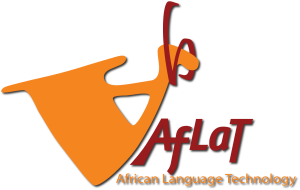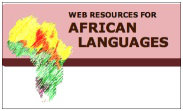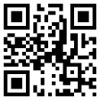The PALDO Concept - New Paradigms for African Language Resource Development
| Title | The PALDO Concept - New Paradigms for African Language Resource Development |
| Publication Type | Conference Paper |
| Year of Publication | 2011 |
| Authors | Benjamin, Martin |
| Booktitle | AGIS11 - Action Week for Global Information Sharing (AfLaT2011 Breakout Session) |
| Location | Addis Ababa, Ethiopia |
| Abstract | Sharing knowledge across languages depends on shared knowledge about languages. Dictionaries document the base of linguistic knowledge, and are essential for inter-language communication and information technology development. Important as they are, most bilingual dictionaries suffer from serious inherent weaknesses, including: African languages face many additional challenges, including: PALDO, the Pan-African Living Dictionary Online, is an emerging multilingual reference for African languages that is being developed by the Kamusi Project (Kamusi.org). It is designed to surmount most of these problems, through three new paradigms that will be elaborated in this presentation: PALDO does not overcome the paucity of financial resources available for African language development. It is hoped, though, that the effectiveness of these new paradigms – open development, free access, and rich interlinked monolingual data – will attract the support necessary to produce a resource that bridges barriers of knowledge and communication for many of Africa’s 2000 languages. |
- Login to post comments
- Google Scholar


